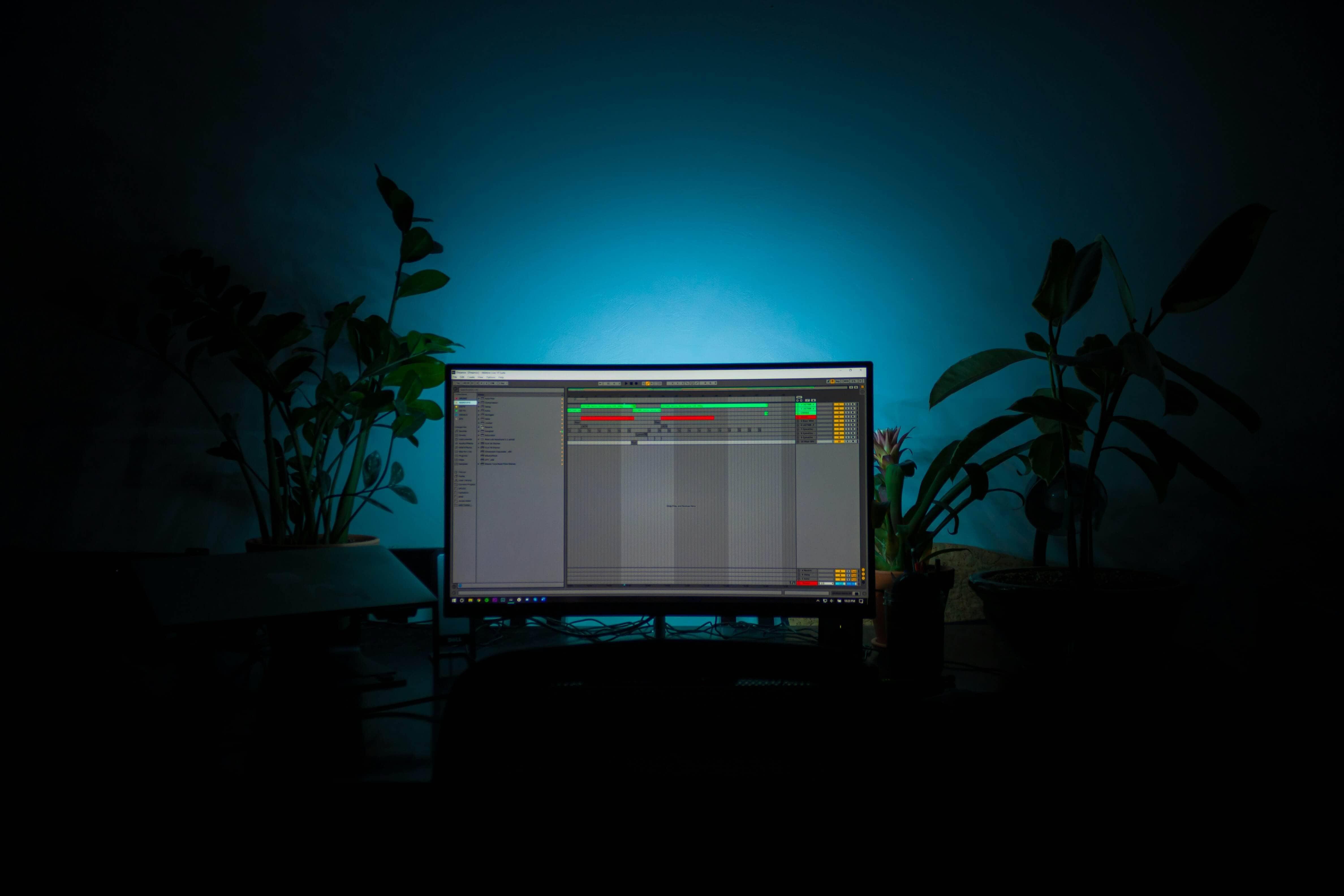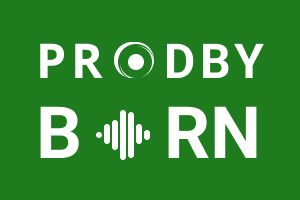Understanding Music Production
Hey music lovers! Ever wondered about the magic behind your favorite songs? Music production is the art of capturing raw sounds, shaping them into emotional journeys, and sharing them with the world. Imagine it as a dance between creativity and technology. It starts with a spark of inspiration, then transforms into layers of melodies, beats, and emotions. Every song undergoes this journey, from fleeting inspiration to timeless masterpiece. The beauty? It's not confined to genres or studios. With today's tech, anyone can create and share their musical stories. Music production isn't just crafting sounds; it's weaving emotions and spreading joy through a universal language. Whether you're a seasoned producer or a music enthusiast, think about the melodies you can create and the emotions you can evoke. Share your thoughts and inspirations; let's explore this musical journey together!
Role of a music producer
As a music producer, you're the mastermind behind the scenes, sculpting the sonic landscape from conception to the final symphony. Working intimately with artists, you're the guardian of their vision, shaping soundscapes and ensuring each note resonates harmoniously. Beyond technical prowess, your role delves into understanding the soul of music, guiding emotional performances and infusing life into every beat. Your success lies not just in technical excellence but in evoking emotions and stories through each track. Ultimately, you're the storyteller, translating raw talent into captivating melodies that resonate with audiences.
Pre-Production
Before you embark on the recording journey, the pre-production phase awaits your attention as a music producer. This crucial stage demands collaboration with the artist, refining melodies, organizing musical elements, and defining the overarching creative direction. Your role goes beyond mere guidance; it involves shaping song structures, selecting instruments, and refining soundscapes, empowering the artist to make well-informed decisions that amplify the final artistic creation.
Studio Recording
Once you've wrapped up the pre-production stage, it's time for you, the music producer, to take charge of the studio recording sessions. Your close collaboration with the recording engineer is vital to capturing the finest moments from musicians and vocalists. Your role extends beyond overseeing; you're the linchpin ensuring the desired sound quality and performance excellence. Continuously guiding and offering feedback, you steer the artists towards delivering their best throughout the recording process.
Instrumentation and Arrangement
You possess a discerning ear for arrangement and instrumentation. Collaborating closely with the artist, you curate the perfect blend of instruments, textures, and sounds that elevate the song. Whether it's bringing in session musicians or sourcing additional vocalists, you go the extra mile to enrich the recording. Your role extends to guiding musicians throughout rehearsals and recording sessions, ensuring flawless execution of the instrumentation and arrangements.
Vocal Production
In the realm of music production, vocals often take center stage, defining the essence of many genres. As a music producer, you play a pivotal role in refining vocal performances. Your guidance spans across phrasing, dynamics, and emotive delivery, striving for excellence. Whether suggesting multiple takes, harmonies, or innovative layering methods, your aim remains consistent: enriching the overall sound and impact of the vocals.
Sound Engineering and Mixing
In the complex world of sound engineering, your role as a music producer isn't solely confined to technical intricacies. Instead, you forge a close collaboration with the mixing engineer to mold the sonic landscape. Your creative vision becomes a guiding force, articulating the perfect balance among instruments, effects, and tonal nuances. You meticulously review and offer feedback on the mix, ensuring its alignment with the artistic direction of the project, thereby sculpting the sonic essence of the final piece.
Post-Production
Once the recording and mixing stages conclude, your role as a music producer shifts to the post-production realm. Here, you meticulously finesse the recorded tracks, blending the finest takes and curating the ultimate versions for mastering. Your discerning eye is keen on details, ensuring each element harmonizes seamlessly. Moreover, you orchestrate the integration of post-production effects like reverb, delay, or vocal tuning, meticulously crafting a final sound that elevates the music's impact.
Artist Development and Guidance
You're more than just a technical wizard. You're a driving force in artist development. You offer crucial support, guidance, and constructive feedback, nurturing artists to evolve and enhance their musical abilities. From picking the right songs to shaping an image and planning a career trajectory, you leverage your industry experience and network to help artists reach their maximum potential.
Project Management
As a music producer, you wear many hats, overseeing the multifaceted aspects of a recording project. You're the maestro orchestrating schedules, securing studio slots, and assembling the right team of musicians or vocalists. Your adeptness in project management ensures every element aligns seamlessly, keeping the project on course and within budget. It's your skillful navigation that steers the production process through its complexities, ensuring a harmonious and successful outcome.
The Role of a Music Producer in Different Genres
Staying current is crucial. You're constantly diving into the latest trends, technologies, and industry practices. Networking becomes second nature—you're connecting with record label executives, fellow producers, artists, and managers. These connections aren't just about contact lists; they're your doorways to new opportunities, collaborations, and increased exposure for both you and the artists you collaborate with.
Essential Tools and Equipment

Digital Audio Workstation (DAW)
As a musician, producer, or audio engineer, you rely on a Digital Audio Workstation (DAW) as your central hub for recording, editing, and producing digital audio content. You harness this software to create a versatile environment where you shape, refine, and master music or any form of audio content.
Functions of a Digital Audio Workstation (DAW)
Multitrack Recording
In your creative space, you leverage the DAW to simultaneously capture audio from various sources, organizing them into distinct tracks. This flexibility allows you to record individual instruments or vocals separately, enabling precision and depth in your recordings.
Editing
The DAW empowers you with an array of editing tools for audio manipulation. From simple cut, copy, and paste operations to trimming and arranging audio regions along the timeline, you can achieve nuanced adjustments for that perfect sound.
MIDI Support
With MIDI functionality, you can create and fine-tune MIDI data, opening doors for composing music using virtual instruments or hardware synthesizers. This level of control enables you to refine MIDI performances for comprehensive command over musical elements.
Virtual Instruments and Effects (VSTs)
Included in the DAW are collections of virtual instruments and effects plugins. These encompass synthesizers, drum machines, samplers, and various audio effects such as reverb, delay, compression, and equalization. They expand the possibilities for creating unique sounds and manipulating audio.
Mixing and Automation
The DAW offers a mixing console-like interface that empowers you to adjust levels, panning, and EQ of individual tracks. Additionally, you can automate these parameters over time, allowing for dynamic changes and offering precise control over your mix.
Time and Pitch Manipulation
You can modify the speed (time-stretching) or pitch (pitch-shifting) of audio without compromising quality using the DAW. These features are invaluable for correcting timing issues, creating harmonies, or introducing creative audio effects.
Mastering
Mastering tools within the DAW ensure your final mix is optimized for various playback systems. These tools include multiband compression, stereo imaging, limiting, and dithering, guaranteeing a polished, professional sound.
Project Management
The DAW offers project management features, organizing files, saving sessions, and enabling export in various formats. It allows you to navigate previous projects, collaborate with others, and share your work effortlessly.
Advanced Insights and Professional Growth in Music Production

In the dynamic realm of music production, staying ahead demands more than technical expertise—it requires your deep understanding of industry trends, advanced production techniques, and a holistic approach to your professional development. Here, we delve into the advanced facets of the industry, exploring cutting-edge insights and avenues for your continuous growth.
Advanced Industry Insights
Market Trends and Evolution
In an era dominated by streaming, you witness the transformation of music consumption. You explore the shift from physical sales to digital streaming platforms and analyze how they impact revenue streams for artists and producers. Additionally, you dive into emerging genres, globalization, and adapting production styles to resonate with diverse audiences worldwide.
Technology and Innovation
Artificial Intelligence (AI) and Virtual Reality (VR) reshape music creation and experiences, and you're at the forefront. You scrutinize AI's role in algorithmic composition and VR/AR's potential in live performances, interactive content, and immersive experiences. These insights offer a glimpse into the future of music production technology—a future you're actively shaping.
Business Models and Distribution
You navigate the redefined business of music through direct-to-fan engagement, blockchain-driven royalties, and alternative distribution models. Strategies are explored—strategies that empower you as an artist or producer to forge direct relationships with fans, leverage blockchain for transparent royalties, and adapt to the evolving distribution landscape.
Professional Development Strategies
Advanced Production Techniques
From intricate sound design and experimental audio manipulation to mastering-level mixing techniques, your journey involves mastering skills that elevate sonic landscapes and deliver professional-grade results. It's through these advanced techniques that you craft your signature sound and define your unique musical identity.
Collaboration, Networking, and Entrepreneurship
Navigating remote collaboration tools, industry networking, and entrepreneurship strategies play pivotal roles in your journey. You explore advanced tactics for building professional relationships, leveraging social media, and embracing entrepreneurship for sustained success. It's your network and entrepreneurial spirit that fuel your growth in this competitive industry.
Legal Acumen and Sustainable Practices
Understanding intellectual property rights, industry regulations, and maintaining ethical standards in music production are crucial aspects you delve into. With a keen focus on advanced legal knowledge and sustainable studio practices, you ensure that your creative endeavors are both ethically sound and environmentally responsible.
Continued Education and Resources
From specialized courses, mentorship programs, and research publications to certifications and industry associations, you're guided through various resources and avenues for continuous learning and your professional growth. It's this commitment to ongoing education that keeps you at the forefront of innovation in music production.
Embrace the Future of Music Production
Mastering advanced insights and professional development in music production empowers you to navigate the ever-evolving industry landscape. It's your fusion of innovation, creativity, technical prowess, and a commitment to lifelong learning that propels your career to new heights—shaping the future of music production itself.

